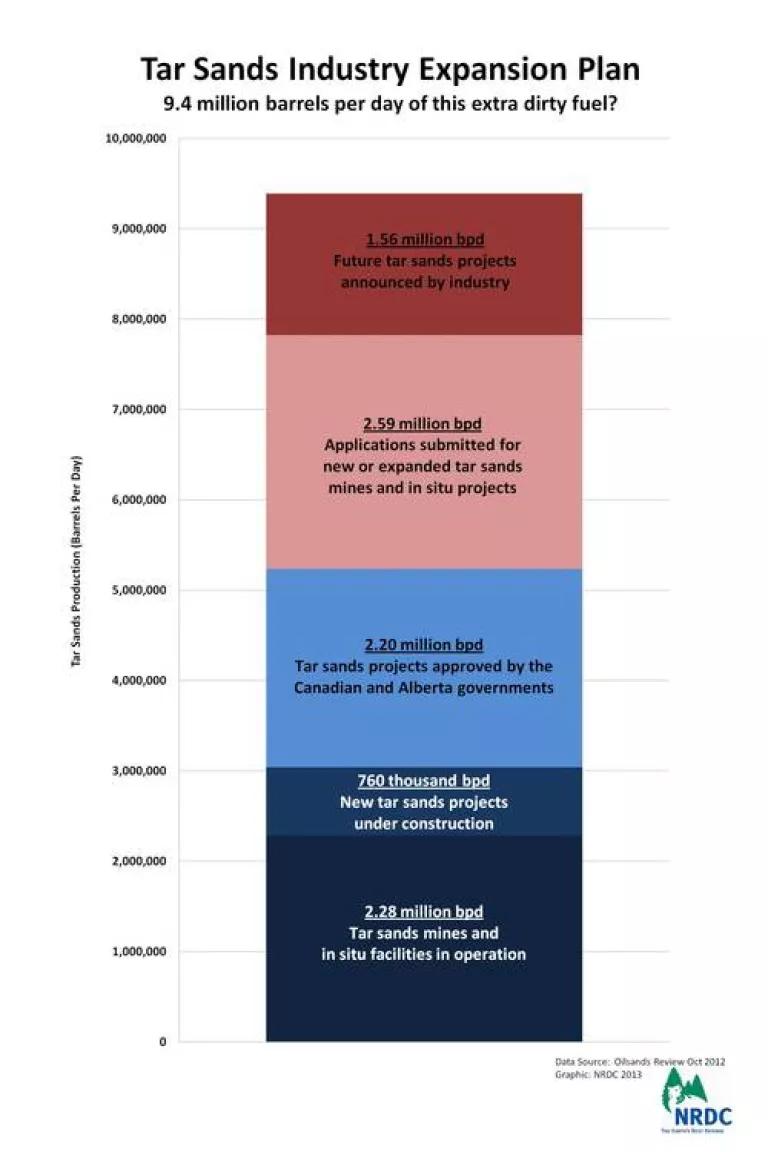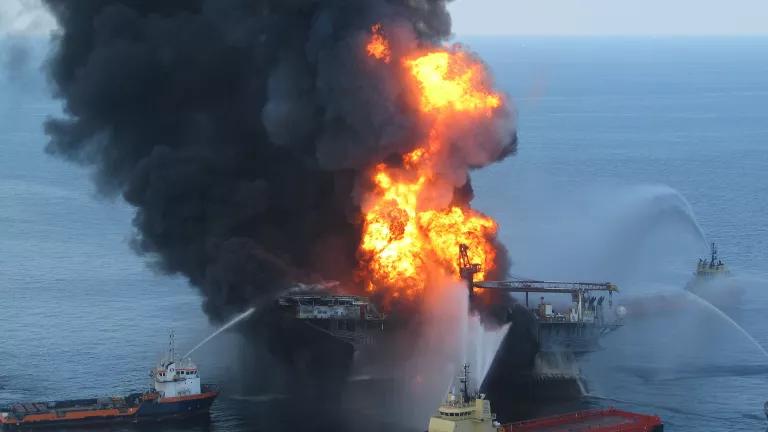60 Groups Ask Kerry to Prioritize Climate Action and Reject the Keystone XL Tar Sands Pipeline
Sixty organizations have asked newly appointed Secretary of State John Kerry to take strong action on climate change including rejecting the Keystone XL tar sands pipeline. A letter to Secretary Kerry from the groups announced today asked Kerry to help to secure a global agreement to solve the climate crisis; secure funding for international climate action, particularly for developing countries and vulnerable communities; and reject any new or expanded infrastructure for tar sands oil, starting with the Keystone XL pipeline. The diverse group of signatories representing environmental, conservation, development, faith-based and social justice organizations included Keystone XL as one of its priorities because “the evidence shows it would unlock vast amounts of additional carbon that we cannot afford to burn, extend our dangerous addiction to fossil fuels, endanger health and safety, and put critical water resources at risk.” The letter comes a day after a new study says climate change would have devastating effects to U.S. agriculture long-term and that wildfires will increase doubling the area burned by the middle of the century. The groups said stopping climate change will require the U.S. to reject carbon intensive fuels like tar sands carried by the Keystone XL pipeline to move towards clean, renewable energy sources.
Secretary Kerry takes the helm at the State Department in the midst of a permitting process for the pipeline that will complete an environmental review of the impacts of the pipeline as well as an evaluation of whether the pipeline is in the national interest. Previous reviews by the State Department have been considered to be faulty or too limited. That is why NRDC and other organizations have put out a Keystone XL checklist outlining key issues where a fresh and objective review is required:
- How Keystone XL will lead to an increase in harmful carbon pollution that would otherwise not occur.
- TransCanada’s poor safety record and the safety of tar sands pipelines. Unfortunately, the State of Nebraska signed off on a new route that not minimize the risk to precious water resources.
- How the Keystone XL pipeline is an export pipeline that will go through America – not to it – and would not support U.S. energy security.
- That low-income communities will bear a disproportionate share of the contamination including refinery emissions from processing dirty tar sands.
One of the key problems with the State Department’s previous analysis was its faulty conclusion that Keystone XL would not affect the growth of tar sands development or lead to an increase in harmful carbon pollution. In fact, the Keystone XL tar sands pipeline is a fundamental element enabling the tars ands industry to triple production to over 5 million barrels a day by 2030 and to more than 9 million barrels a day over the longer term. Keystone XL would lock the U.S. into a long-term commitment to an energy infrastructure that relies on dirty oil.

The tar sands industry and financial community considers Keystone XL in particular – more than any other pipeline – critical to plans for the rapid expansion of tar sands production. Other proposed tar sands pipelines have not reduced the central role Keystone XL plays in unlocking future tar sands production. In fact, other tar sands pipeline projects to the Canadian west coast are facing considerable opposition and are unlikely to proceed in the near term if at all.
Secretary Kerry is now at the healm of the environmental review and national interest determination process for the pipeline. We and others will ask that information being considered by the State Department about the pipeline is accurate and fact-based. With that information in hand, we are confident that Secretary Kerry and the Obama administration will determine that the Keystone XL tar sands pipeline is not in America’s national interest.



